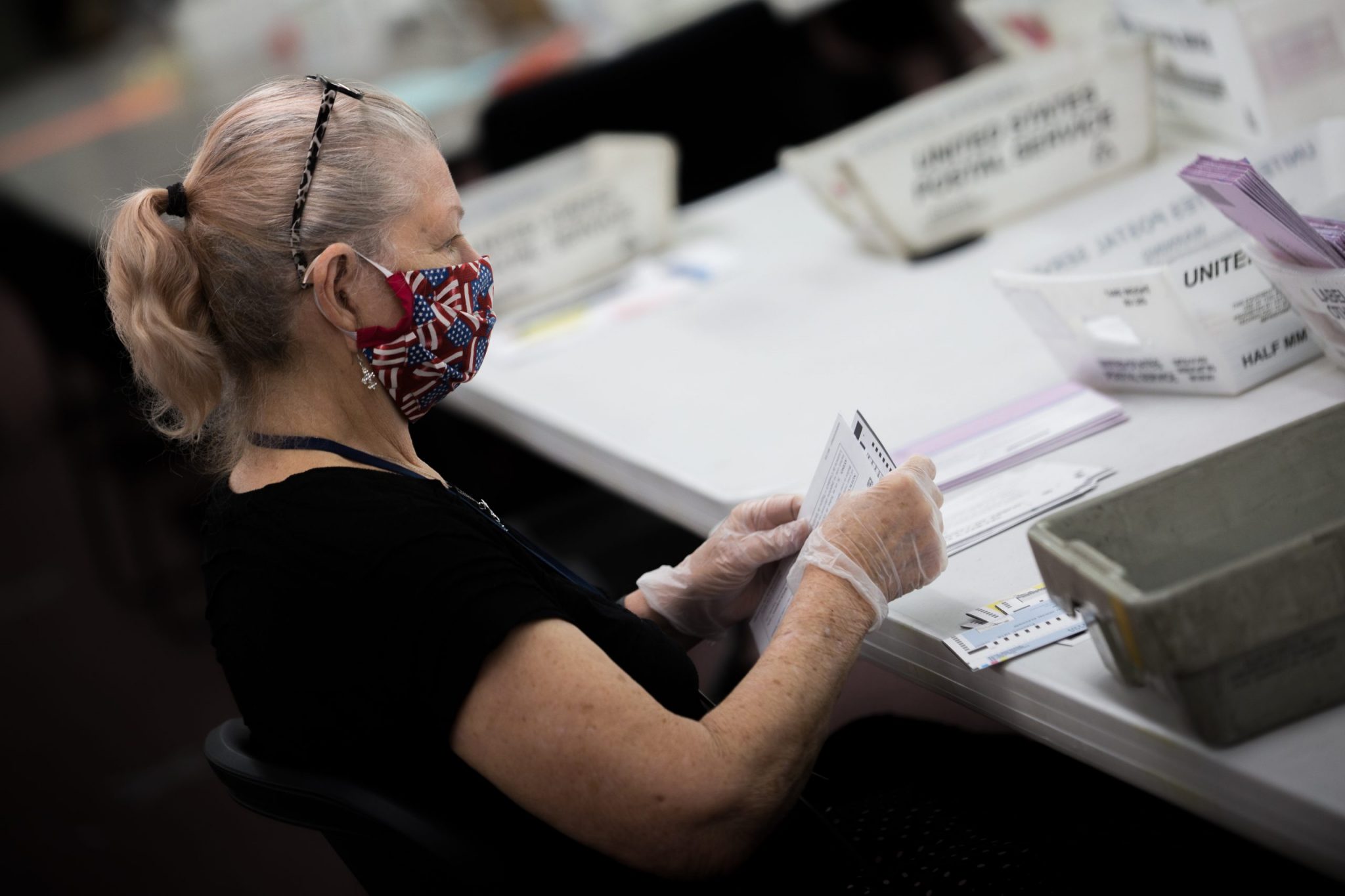While the legitimacy and outcome of the 2020 presidential election have long been beyond reproach, some could be forgiven for thinking otherwise. A few weeks ago, the Republican U.S. Senators from Georgia requested that the state’s Republican Secretary of State resign despite overwhelming evidence that the state’s presidential election results are sound. After ignoring the Justice Department’s longstanding policy and authorizing federal prosecutors to investigate “specific allegations” of voter fraud before the results of the presidential race were certified, Attorney General William Barr announced that the U.S. Justice Department had uncovered no evidence of widespread voter fraud that could change the outcome of the 2020 election. And last week, some supporters of President Trump used a Senate hearing ostensibly about examining irregularities in the 2020 election to dispute the election’s results, just two days after the Electoral College vote officially affirmed Joseph R. Biden Jr.’s victory.
While a recent CBS News/YouGov poll found that more than 80 percent of Trump voters think that Biden did not win the 2020 election legitimately, this is not an entirely new phenomenon; losing candidates and their supporters have been disbelieving results in the U.S. for quite a while, though never at this scale or supported by a sustained campaign from the candidate. In a 2015 paper, professors Michael Sances and Charles Stewart III showed that between every presidential election from 2000 to 2016, Democrats and Republicans have vacillated in their confidence, depending on which party’s candidate won. And following the 2016 election, both Hillary Clinton and Jimmy Carter suggested that Trump was an illegitimate president, due to Russia’s interference in the election on his behalf.
To help overcome these partisan divisions over election results, shortly after assuming office, President Biden should establish by executive order a Presidential Commission on Election Security (PCES) to identify best practices in election integrity and make recommendations to help ensure trustworthy future elections.




